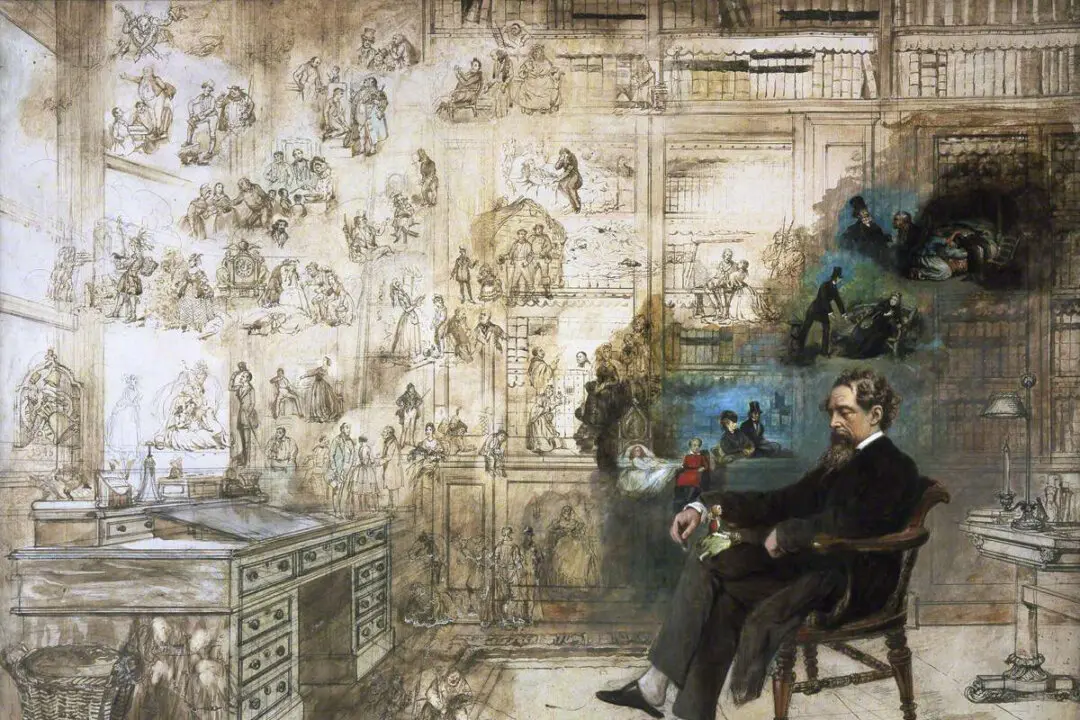When we fail to restrain our passions or impatience, we cultivate harmful habits that can lead us to act out in detrimental and intractable ways. However, rather than being the slaves of these habits, we can prevent disaster by cultivating the virtues that counter these vices: temperance and patience.
In the fable, “The Bear and the Bees,” Aesop ponders the weak human inclination to give way to passions and impatience. By inspecting the actions of an impatient and greedy bear, he proves that we must restrain ourselves in silence.






